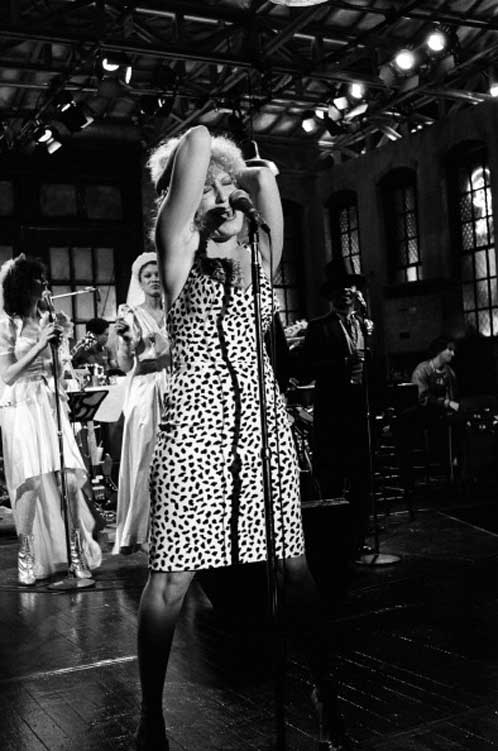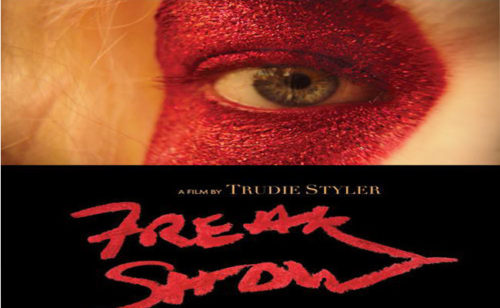Winnipeg Free Press, Wednesday. October 31. 1979
Big-name artists cling to disco slide
by Jim Millican
A lot of established artists got hurt in a big way this past year when the disco bandwagon was really rolling. They were
getting wiped out of the charts by dance records and squeezed by the new wave of rockers into middle-of-the-road territory that everyone had assumed was owned by the likes of Steve Lawrence and Eydie Gorme.
Maybe the smart cookies were the ones who stood pat and waited out the storm because now, with disco on the downslide, many big-name performers are looking even sillier for cutting mainstream disco records that no one wants to buy or hear.
There are the minor examples like Helen Reddy’s Reddy (Capitol) which shows the former I Am Woman cheerleader trading
in that bunch of cliches for some equally redundant stuff. Rita Coolidge continues her dance stance on Satisfied (A&M), resting a fragile reputation on discofied interpretations of old-pop standards and newer fare by such writers as Kenny Loggins, Carole Bayer Sager and Peter Allen. When you find The Village People singing such songs as Rock and Roll Is Back Again, as they do on their double set Life and Steaiy (Casablanca), you know something is going on.
Which makes it all the more puzzling to find someone like Bette Midler drowning in a sea of disco production. Her new album, Thighs and Whispers (Atlantic), is firstly a disco record and secondly a Bette Midler LP. Producer Arif Mardin (who
has built the same kind of elaborate production showcase in the past for Hall and Oates, The Bee Gees, Aretha Franklin and
the A.W.B.) concocts big-band tracks that come perilously close to parodying the Intergalactic Band in the Star Wars bar scene, which is not a good sign. Only a peronality like Bette Midler could pull any of this out of the fire which she does with such particularly strong theatrical ballads as Millworker and Cradle Days.
After countless threats of retirement and subsequent returns to the stage, Elton ‘John is back with more hair and less flash, singing an entire album’s worth of other composers’ tunes on Victim Of Love (MCA). This is ”¢ real time-warp record. It’s very strange to hear one of the biggest stars of the 1970s singing music that is so out of step with trends. Elton’s rock & roll has always been anchored by very steady percussion but with this LP it’s clear he was betting all his marbles on the longevity of disco-mania. Some of this almost manages to remain rock-oriented – there’s a rockin’ version of Johnny B. Goode – but that was probably Elton holding back, not forging ahead into the realm of new wave dance-oriented rock (like Blondie did with Heart Of Glass). If you’re a diehard Elton John fan, view this as a timid re-entry into showbiz but wait
for his next to discover where he’s headed.







